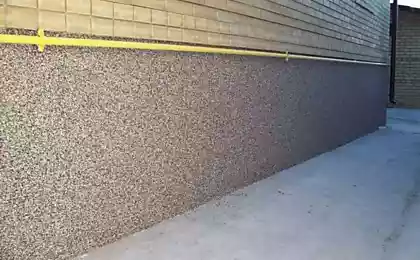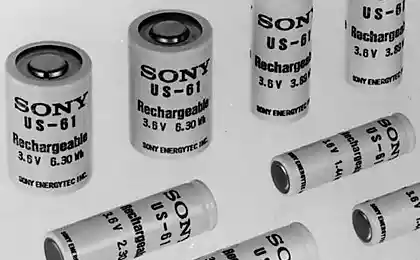171
Cambridge to improve 'invisible' materials
New materials being developed by Cambridge researchers are perfecting stealth technology, "invisible" cloaks and camouflage devices.
The key to the “invisibility” effect is the way light interacts with material. When light hits the surface, it is either absorbed or reflected, allowing us to see objects. But nanotechnology can produce “metamaterials”: substances that can control the way light interacts. Light reflected from the metamaterial is refracted “wrongly.” Scientists at Cambridge University have developed a technology for building materials from blocks of several billionths of a meter. These microscopic dimensions allow light to literally fly through them.
The method developed by the scientists involves the use of a defocused laser beam, which, like millions of needles, stitches gold nanoparticles. These “long” gold structures are then stacked on top of each other. The invented technique allows you to produce much more new material than existing methods.
To connect the golden microobjects, the researchers used barrel-shaped cucurbituril molecules (CBS) for the first time. They act as miniaturized gaskets, allowing a very high degree of control over the distance between the nanoparticles by trapping them in place. As explained by one of the authors, Ventsislav Valev:
We controlled the size in a way that we couldn’t before. This level of control opens up a wide range of possible practical applications.
Source: nauka24news.ru/
The key to the “invisibility” effect is the way light interacts with material. When light hits the surface, it is either absorbed or reflected, allowing us to see objects. But nanotechnology can produce “metamaterials”: substances that can control the way light interacts. Light reflected from the metamaterial is refracted “wrongly.” Scientists at Cambridge University have developed a technology for building materials from blocks of several billionths of a meter. These microscopic dimensions allow light to literally fly through them.
The method developed by the scientists involves the use of a defocused laser beam, which, like millions of needles, stitches gold nanoparticles. These “long” gold structures are then stacked on top of each other. The invented technique allows you to produce much more new material than existing methods.
To connect the golden microobjects, the researchers used barrel-shaped cucurbituril molecules (CBS) for the first time. They act as miniaturized gaskets, allowing a very high degree of control over the distance between the nanoparticles by trapping them in place. As explained by one of the authors, Ventsislav Valev:
We controlled the size in a way that we couldn’t before. This level of control opens up a wide range of possible practical applications.
Source: nauka24news.ru/
Three-year-old crashed the parent SUV and returned home to watch cartoons
In Germany invented a thought-controlled aircraft























